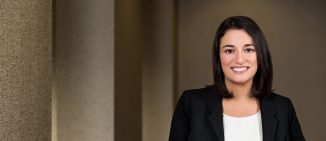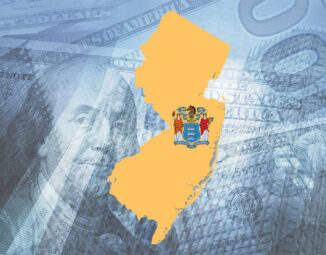Judge Rules That Business Owner in Pennsylvania Is Entitled To Insurance Coverage for COVID-19 Related Business Losses
Business owners with casualty insurance, business interruption insurance, civil authority insurance (coverage for when a governmental authority denies access to an insured property) or the like and who suffered financial loss during the COVID-19 pandemic, may want to take a look (or another look) at the language of their insurance policies.
In a decision rendered on March 22, 2021, an Allegheny County Court of Common Pleas judge pronounced the language of a dental practitioner’s insurance contract as entitling the dentist to reimbursement where the language of the policy provided relief should the claimant sustain “direct physical loss of or damage to its property”. Because the disjunctive “or” was used, the court found that the words “loss” and “damage” must mean different things, and ultimately interpreted “loss” to include losing control of or being unable to use the property even though there was no physical damage to the property itself. Further, the Allegheny Court held that the exclusions, including those for contamination and presence of microbes, did not apply because there were no facts to suggest that COVID-19 was present at the property and that the term “microbes” did not include viruses. It is important to note that the dentist’s insurance policy did not contain an exclusion for viruses, which is often present in business interruption insurance policies.
Because of the ease of transmission, the dangers of the COVID-19 virus, the need to socially distance, and the Governor’s shutdown orders, (except for emergency procedures) the dentist, like many other businesses, was forced to cease operations, and thereafter, to alter his manner of operation; thus being unable to use the physical property of his business in the “manner that would normally produce actual and regular business income.” As a result of the pandemic, businesses have been required to limit the number of people that could occupy their premises. Physical changes became warranted such as partitioning space, spending money on personal protective equipment, changing ventilation systems, and creating outdoor arrangements in order to safely resume business. In addition to spending money to make premises safer, many businesses, including the dentist, have been faced with a substantial reduction in earnings and have been forced to furlough workers.
The dentist’s insurance policy provided that the insurer would pay for actual loss of income during the “period of restoration”. The changes necessitated as a result of the pandemic are akin to rebuilding or replacing a physically damaged building after a casualty. The judge opined that the restoration period is to begin at the time that damage to the property transpires and shall end when the business is “once again operating at normal capacity, or reasonably could be operating at normal capacity.”
Although this decision is certainly a win for business owners in Pennsylvania, it is likely to be appealed by the insurance carrier. It should further be noted that, to date, the majority of state and federal courts have dismissed business owners’ lawsuits based on the existence of a virus exclusion and/or an interpretation that the phrase “direct physical loss or damage” requires some sort of physical damage to the premises or, at the very least, proof that COVID-19 was present at the premises.
Obermayer will stay abreast of this issue and continue to serve as a top resource for our clients and contacts. If you have any questions regarding this blog, please do not hesitate to contact Obermayer’s COVID-19 legal response team.
The information contained in this publication should not be construed as legal advice, is not a substitute for legal counsel, and should not be relied on as such. For legal advice or answers to specific questions, please contact one of our attorneys.





